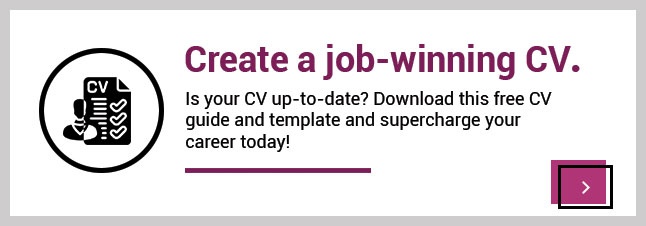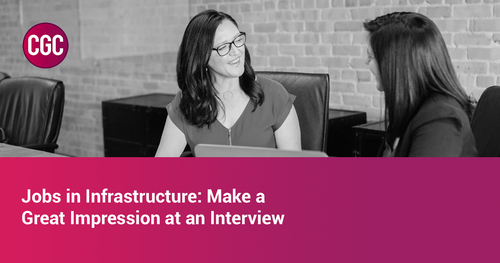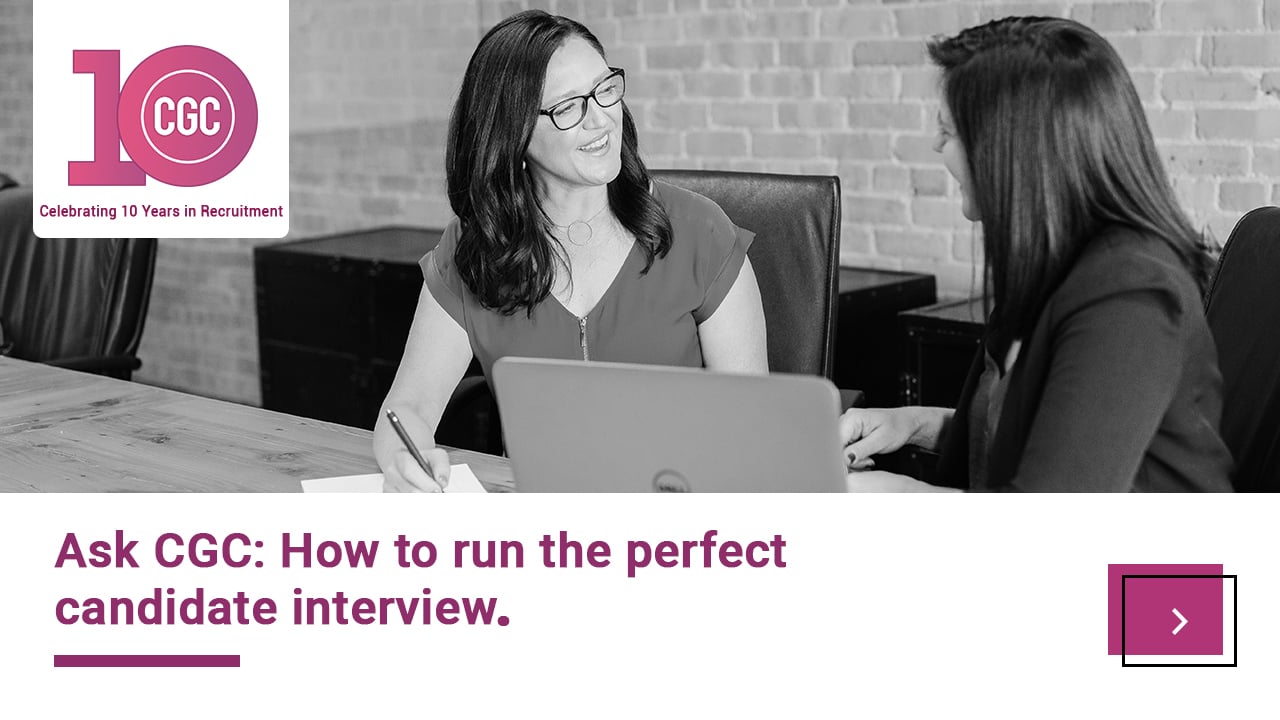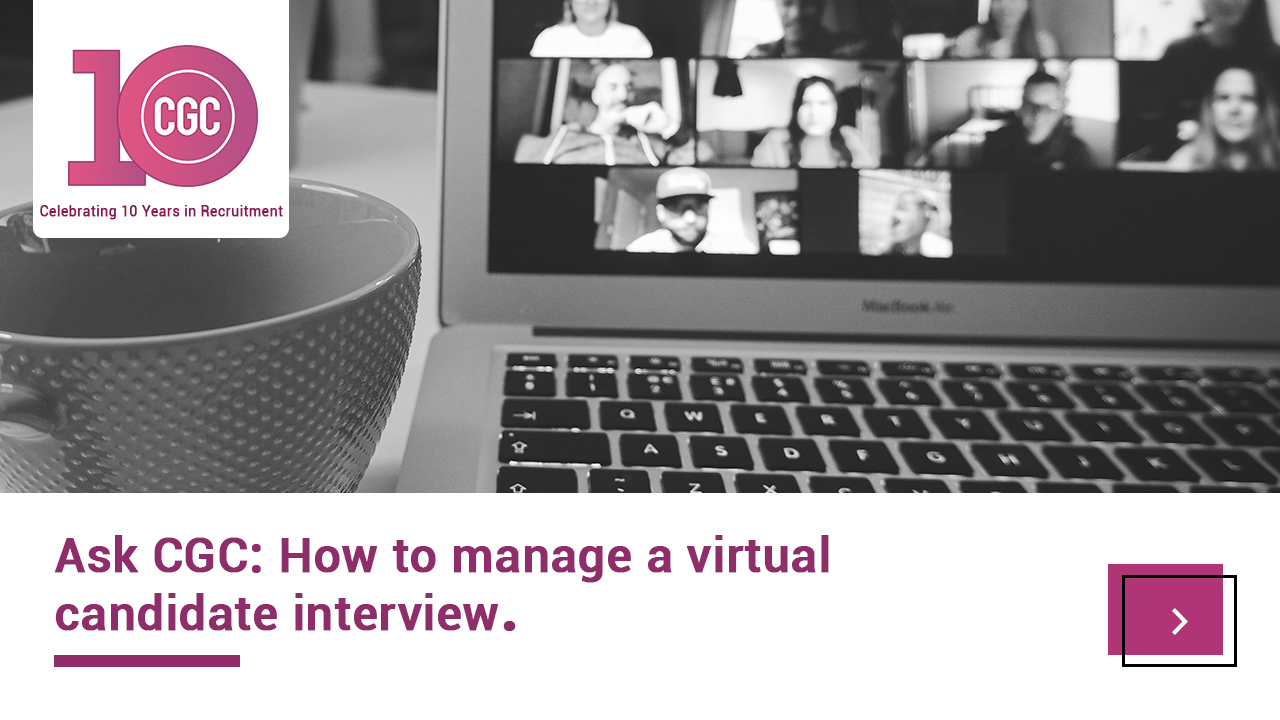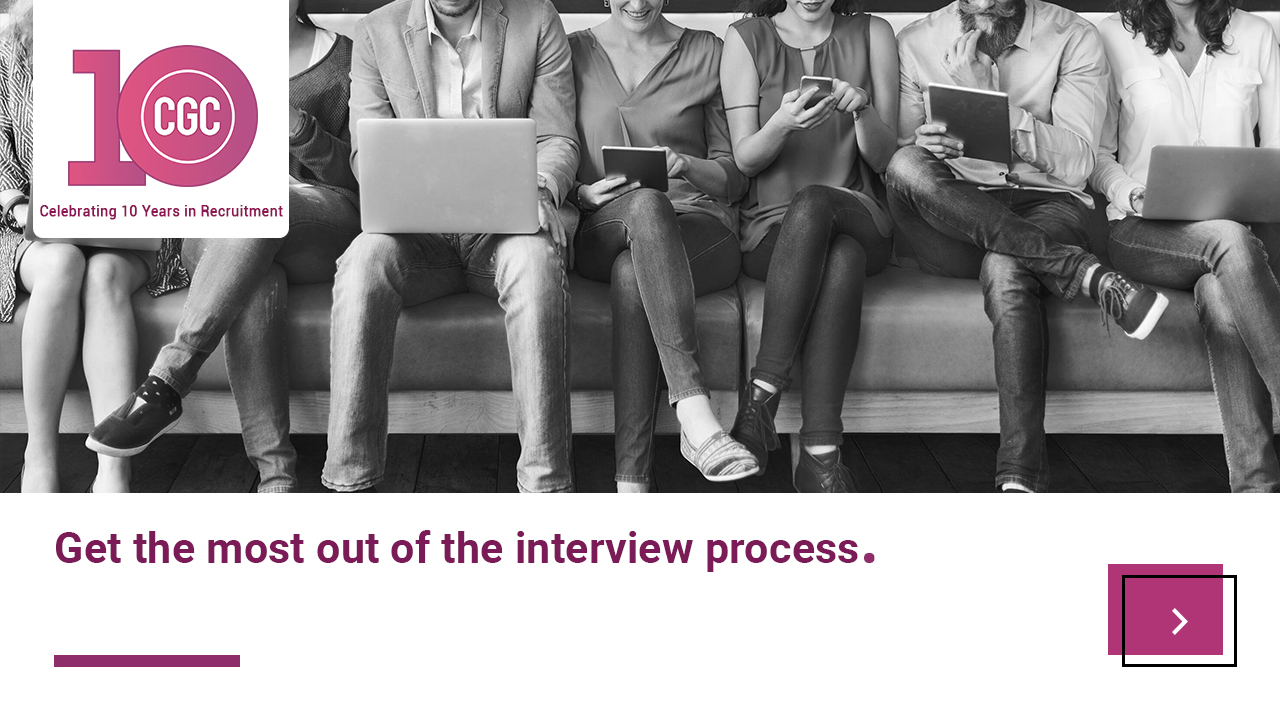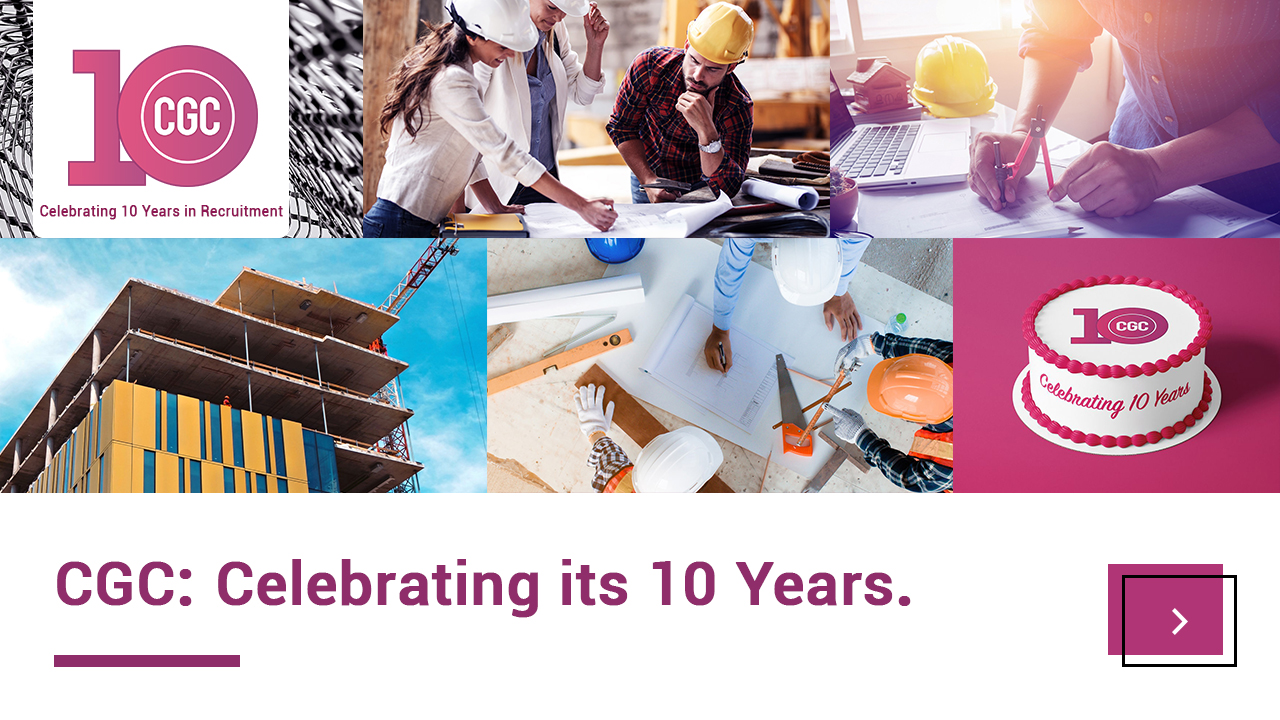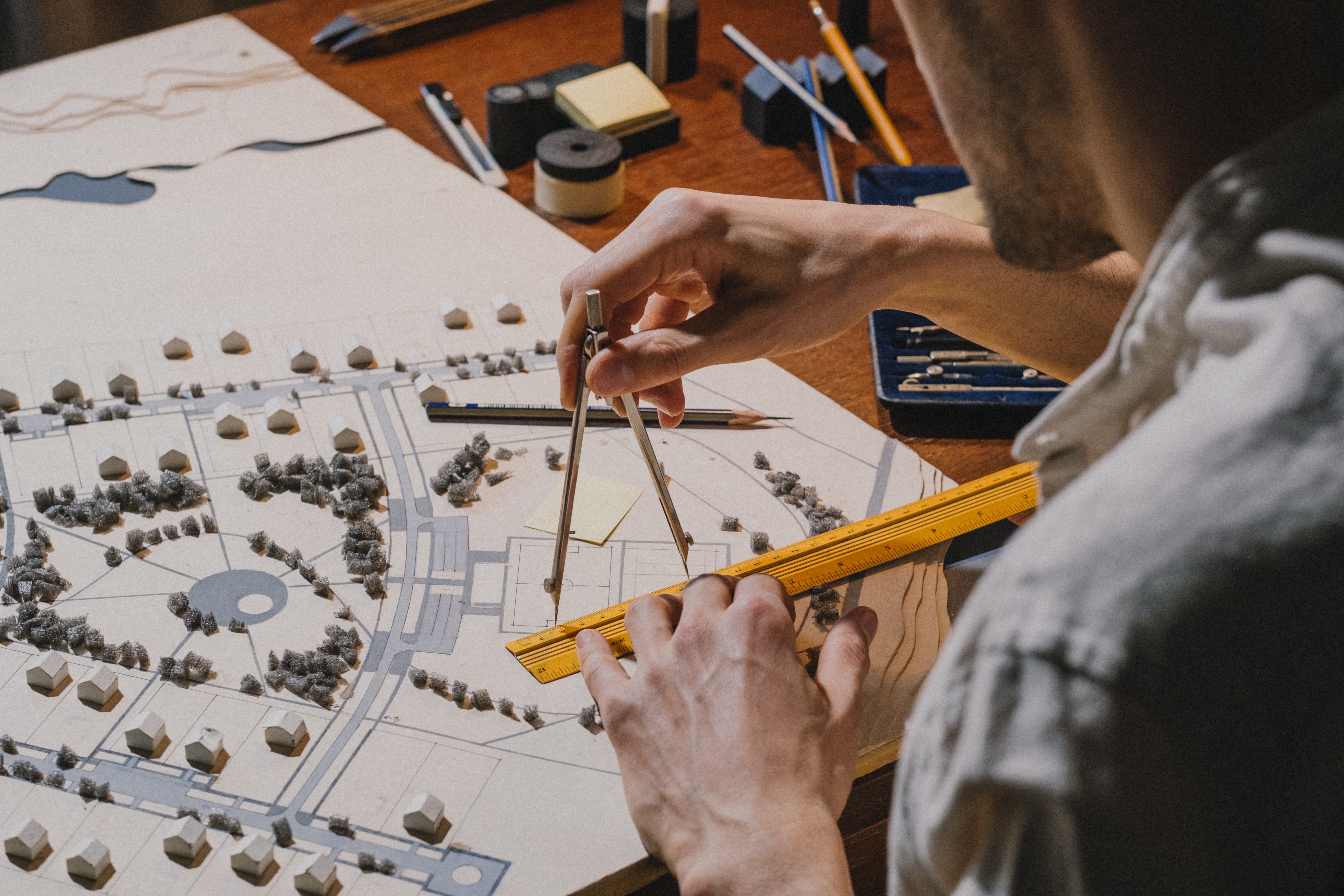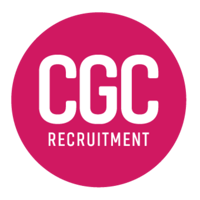An interview can be going really well when all of sudden, seemingly out of nowhere, the interviewer asks a question that completely throws you! It’s likely that they’ve done this to see how you’ll react - to disrupt your thinking.
This doesn’t, however, need to rattle you. With a little work and preparation, it’s possible to answer any question that comes your way.
One of the things that can make interviews intimidating, is you can’t always be sure what the interviewer will ask, making it difficult to prepare. However, by following our helpful guide, you can be more confident and put your best foot forward at the interview.

5 tips for answering interview questions
1. Thoroughly research the organisation
It’s a bit of a given but do your research… go online, visit social media, read articles, speak to current and former staff and ask them about the culture and the challenges faced by the organisation.
If you’ve applied for the job through an agency, ask them what they want in a successful applicant, what their client is like, how many candidates are going forward etc.
Learn as much as you can about the job, the employer and its executives beforehand. With this information you’ll be better equipped to frame your answers in a way that demonstrates how you can add value to the organisation. Use this information to answer direct questions and to then segue into a discussion about your qualifications and fit.
2. Prepare key messages and tailor your answers to ensure your point is delivered
Prior to the interview, develop two or three key points of difference that you can offer the organisation, whether it’s your experience, qualifications, or knowledge. After you respond to the employer’s question, transition from your answer to one of the key points you’ve prepared.
3. Be honest and accountable when asked the tricky questions
There’s a good chance the interviewer will ask you about your faults, mistakes or when you’ve failed in the past. Don’t avoid the question, everyone makes mistakes, they want to see how you turned it around. So, answer honestly and always explain how you turned a negative experience into something positive. Explain what you learned and how the experience allowed you to grow and develop.
This can be difficult to do on the spot, so before the interview write out two or three scenarios where you’ve turned situations around (see below). Maybe you had to sort out a failing project, or restructure an under performing team, or deal with difficult client accounts. Think about it terms of 20:40:40, 20% about the problem, 40% about the solution and 40% about the result.
4. Tell real stories
Interviewers can ask candidates to provide examples of how they handled situation. Typically, these questions are phrased like, "Tell me about a time when you faced..."
These questions are best answered with a story, an engaging anecdote that the interviewer can relate to. These questions are, generally speaking, behavioural, and the interviewer is trying to see how you handle situations. Your job is trying to get them to see how the story can apply to their situation or business. If you can do that, they’ll rave about you and you’ll stand out from the pack.
It would be difficult to cover every eventuality, so have several well practiced anecdotes that can apply broadly to different situations.
5. Be disarming and brave
Sometimes we tie ourselves up in knots trying to answer difficult questions, and about halfway through the fear sets in because we know we are rambling. Be brave and stop! Don’t keep digging a hole. If you’re not sure about the question, ask the interviewer to reframe it, or if you go off-topic, call it out and ask the interviewer to ask it again.
And if you make a mess of the question, ask to have another crack at it. One of the best interviewees I’ve experienced was a graduate, in a group interview he’d answered a question poorly but a few minutes later asked , “I wasn’t happy with how I answered that question… can we go back to it?”. Whilst the other grads sniggered, it showed the interviewers that he was made of strong stuff and wasn’t afraid to speak up. He nailed the question second time round and out of 300 grads, he got the job!
In Summary
In any interview, your goals should be to better understand the role and if you want it, and to get across to the interviewer why you’re the best person for the job. That you have the right set of skills, a great personality, and the drive to really make things happen in your new role.
The more preparation you do, the better equipped you’ll be to excel and answer most of the difficult questions that might come up. If you're relaxed, open, and confident, you'll have the best chance at getting the job you really want - and at succeeding in it.
Finding your next role with CGC Recruitment
We partner with clients and candidates to achieve positive personal, professional and commercial outcomes. Our highly motivated team of experienced consultants help candidates connect with major projects, so if you’re looking for your next career opportunity, you can register with CGC today.
For a confidential discussion, get in touch with CGC and talk with one of our experienced consultants. You can also search our latest vacancies, and upload your CV here.
